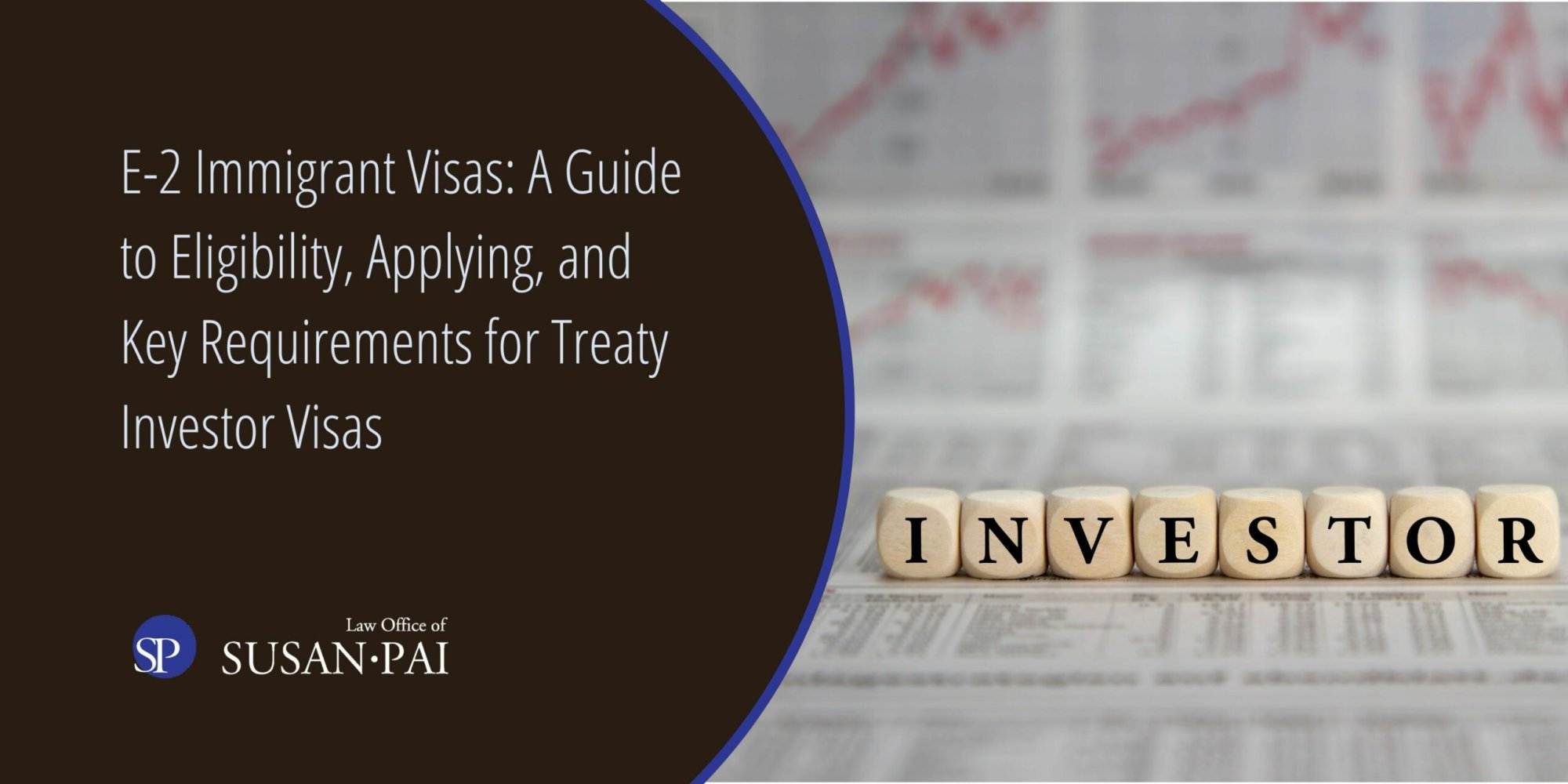It depends on whether the U.S. Citizen Petitioner can meet the legal definition of being “domiciled” in the United States.
If the U.S. Citizen cannot prove he or she is domiciled in the United States, the U.S. Citizen may need to physically return to America in order to file an Immigration Application for Family Members.
From www.State.Travel.Gov:
Domicile is a complex concept and must be evaluated on a case by case basis. To qualify as a sponsor, a petitioner residing abroad must have a principal residence in the United States and intend to maintain it indefinitely. Lawful permanent resident (LPR) sponsors must show they are maintaining their LPR status.
Many U.S. citizens and lawful permanent residents reside outside the United States on a temporary basis. “Temporary” may cover an extended period of residence abroad. The sponsor living abroad must establish the following in order to be considered domiciled in the United States:
- He/she left the United States for a limited and not indefinite period of time,
- He/she intended to maintain a domicile in the United States, and
- He/she has evidence of continued ties to the United States.
FAQs: Domicile
Can a U.S. citizen or lawful permanent resident (LPR) petitioner who is not domiciled (living) in the United States be a sponsor?
No, the law requires that sponsors be domiciled (live) in any of the United States, the District of Columbia, or any territory or possession of the United States.
If the petitioner does not have a domicile in the United States, can a joint sponsor file an I-864?
No, the petitioner must meet all the requirements to be a sponsor (age, domicile and citizenship), except those related to income, before there can be a joint sponsor.
What kinds of employment abroad can be counted as U.S. domicile?
- Employment temporarily stationed abroad with the U.S. government
- Employment temporarily stationed abroad with a U.S. institution of research recognized by the Attorney General
- Employment temporarily stationed abroad with a U.S. firm or corporation or its subsidiary engaged in whole or in part in the development of foreign trade and commerce with the United States
- Employment temporarily stationed abroad with a public international organization in which the United States participates by treaty or statute
- Employment temporarily stationed abroad with a religious denomination/group having a genuine organization within the United States.
- Employment temporarily stationed abroad as a missionary by a religious denomination/group or by an interdenominational mission organization within the United States
There may be other circumstances in which a sponsor can show that his or her presence abroad is of a temporary nature, and the sponsor has a domicile in the United States. The sponsor must satisfy the consular officer that he/she has not given up his/her domicile in the United States and established his/her domicile abroad.
How can a petitioner establish a domicile?
When a sponsor has clearly not maintained a domicile in the United States, he/she must re-establish a U.S. domicile to be a sponsor. The aspiring sponsor may take steps, including the examples given below, to show that the United States is his/her principal place of residence
- Find employment in the United States
- Secure a residence in the United States
- Register children in U.S. schools
- Relinquish residence abroad
- Other evidence of a U.S. residence
If the sponsor establishes U.S. domicile, it is not necessary for the sponsor to go to the United States before the sponsored family members. However, the sponsor must return to the United States to live before the sponsored immigrant may enter the United States. The sponsored immigrant must enter the United States with or after the sponsor.


